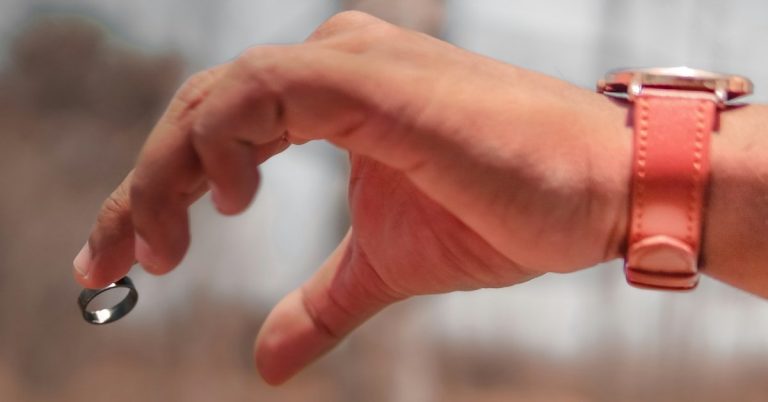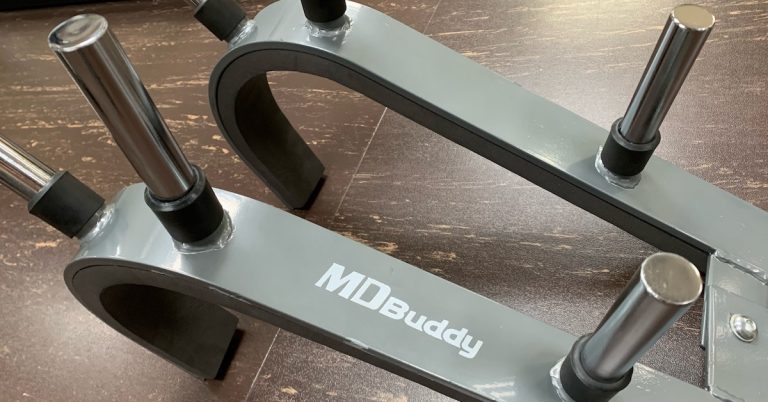JP: What type of prescription do you use to detoxify the liver?
Dr. S: In my office, I have access to IV administration which is the route I would take if a patient has a drastic liver condition such as hepatitis. However, for a simple detox there are a few requirements:
- Fix the diet. Make sure they’re eating properly.
- Give them enzymes because the liver, believe it or not, will make enzymes as well so that will ease the burden.
JP: Let me interrupt for one second. When should you take digestive enzymes: before, during, or after a meal? Everyone seems to have a different opinion.
Dr. S: Okay, first of all as soon as you start chewing something, your system begins to make enzymes. Now if you have someone that has problems producing [stomach] acid, then give them HCL at the beginning of the meal and digestive enzymes half an hour after the meal to aid digestion. For those individuals who don’t have acid-related problems, they can take a broad-spectrum enzyme during their meal.
There are generally three reasons that people would take enzymes in supplement form:
- for digestive purposes (see above),
- as an anti-inflammatory agent, in which case you would take them on an empty stomach between meals, or
- to ease the stress on the liver and pancreas.
If it’s for the last purpose, then take your enzymes half an hour before you eat to get them into your system thereby reducing the stress on the liver and pancreas when you do eat. You see, the timing of enzymes (or any supplement for that matter) really depends on the purpose!
JP: Ah, understood. Glad I asked. Let’s get back to the liver…
Dr. S: Yes, by the way, anyone that works out will have elevated liver enzymes. The liver will work harder if you’re training. There’s no doubt about that. I would prescribe enzymes as I just mentioned, as well as glutathione, alpha-lipoic acid, high doses of Vitamin C (at least 3 grams orally), and co-enzyme Q-10. Why CoQ10? Because the liver is one of the most metabolically active organs in the body! It’s always working and there are plenty of mitochondria to support it.
Also, make sure that they stay away from casein products. Casein is a “cheesy” protein that will form a glob in your stomach and many people have a hard time digesting it. It’s a major allergen in most people and thus, the liver is forced to make antibodies which in turn can overwork it.
Whey, on the other hand, is okay to use, preferably hydrolysed whey. In general, I’m a fan of quality whey protein concentrate, but in this case, it may not be beneficial due to higher lactose levels and as you know, many people are lactose intolerant.
However, if I had only one choice for a protein though, then I would have to go back to breast milk! What does breast milk give that no other protein source can deliver? Colostrum, IGGs, IGMs, lactoferrin, etc. Basically, all the growth properties for human development. There’s no other source of protein that quite compares to breast milk. Period.
There’s a product called Colostrum 80/40 which is a bovine colostrum that provides growth factors and immune factors without any casein or lactose. We’ve tested it with great results! In 6 weeks of using this product at a fairly high dose, subjects gained just over 10 pounds of muscle. They didn’t change their lifestyle at all and there was no drug involvement. Everything else remained constant. Ultimately, the supplement is trying to replicate the growth properties found in mother’s milk, and let me tell you, it really works!
JP: Wow, I’d say it works if the average gain is over 10 pounds in 6 weeks! That’s one I need to try. Let’s switch gears. How do you feel about cleansing diets and supplements? For instance, there are cleansing kits available for the liver and colon, to remove heavy metals, parasites, and so on. Would these be good to use periodically, say one of them every 3-4 months?
Dr. S: First of all, I wouldn’t consider these as cleansing products, but rather, therapeutic products because you’re treating a condition. As far as a cleansing diet, I would never advocate a complete fast where you eat no food for several days, nor would I recommend a juice fast. These are very unhealthy practices. I would, on the other hand, encourage an increase in fluid intake (e.g., water, soup, and bone broth) and I always include enzymes for this purpose.
JP: Not to belabor this point, but when would you use enzymes here: with meals or between meals?
Dr. S: Both times.
JP: Now, is it possible to take too many enzymes in a day? I mean, is it detrimental to take them too often? Will they shut down your own production due to overconsumption?
Dr. S: No, they will not because the enzymes will start working, but they’ll also break each other down. In other words, the enzymes you consume will form a complex with those in the body and this complex will slowly be broken down (digested) over time.
JP: You’ve mentioned that organ meats are extremely nutrient-dense and should be consumed more often to improve health and athletic performance. Can you expand on that?
Dr. S: In 1962, there was an interesting study where they took different organs, chopped them up, and traced them in the body using a radioactive marker. Using chopped up heart, for example, they found that 71% of the tracer ended up in the heart! Chopped liver ended up in the liver, and so on. Why this occurs, no one knows. Only God knows!
Take the animal kingdom, for example. When a lion kills its prey, the king of the litter will come and eat the liver first, and then everyone else can have the rest. No one can touch that liver except for the king. Why? Something is going on, but we don’t really know the answer.
Also, North America is the only culture that doesn’t routinely consume these internal organs. Where I come from, we eat everything – tongue, heart, lungs – you name it. Back in Puerto Rico, there was a time when boxers would recommend that you eat the internal organs to improve performance.
JP: Really! Out of curiosity, is it better to use bovine or porcine concentrates in supplements?
Dr. S: If it’s organic, favor bovine. If not, then use porcine. You don’t want to mess with mad cow disease.
Tomorrow in Part 5, we’ll discuss hydrogen peroxide IV drips, a protocol that will significantly improve recovery between workouts, how to improve the absorption rate of fish oil, what to do if you have skin problems, and why taking vitamin E may be a “complex” issue.



